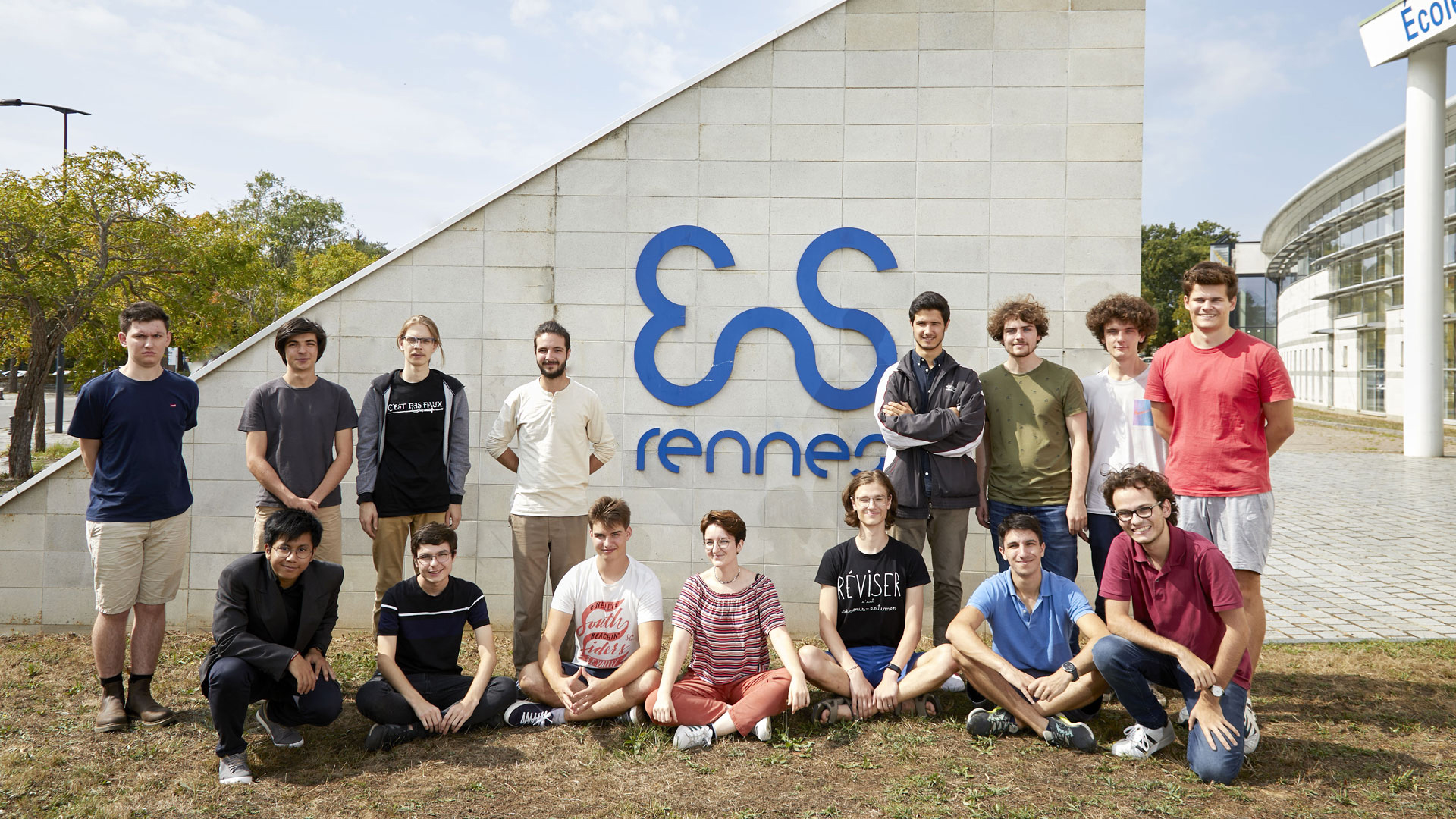Quantitative modeling of biological systems
le 22 novembre 2011
de 15h30 à 17h00
ENS Rennes Salle du conseil
Plan d'accès
Intervention de Damien Eveillard, Université de Nantes (séminaire du département Informatique et télécommunications).
Despite recent improvements in molecular techniques, biological knowledge remains incomplete. Any theorizing about living systems is therefore necessarily based on the use of heterogeneous and partial information. Dealing with these informations to infer or predict the biological behaviors is one of the goal of the systems biology field, in which Computer Science is a corner stone domain.
Several computational techniques modeled successfully the qualitative behaviors of macromolecular networks based on few biological informations or few kinetics parameters (priceless knowledge from an experimental point of view). Nonetheless, it is not capable of taking into account available quantitative information such as time or series of protein concentration variations.
This seminar presents a study that overcomes this weakness. We proposes a probabilistic modeling framework that integrates both kinds of information. Average case analysis methods are used in combination with Markov chains to link qualitative information about transcriptional regulations to quantitative information about protein concentrations.
After a general presentation of the philosophy of the modeling technique, the approach will be illustrated by modeling two distinct systems. As a result, we will show that our technique allows to simulate and predict time-series evolution of several protein concentrations using only knowledge of discrete gene interactions and a small number of quantitative observations on a single protein concentration. From this, the modeling technique also derives several results confirmed by the literature and can be used as a guidance for future experiments. Moreover, these biological results opens as well several theoretical questions that must be further discussed.
- Thématique(s)
- Formation, Recherche - Valorisation
- Contact
-
François Schwarzentruber
Mise à jour le 12 septembre 2019
Dans la même rubrique







